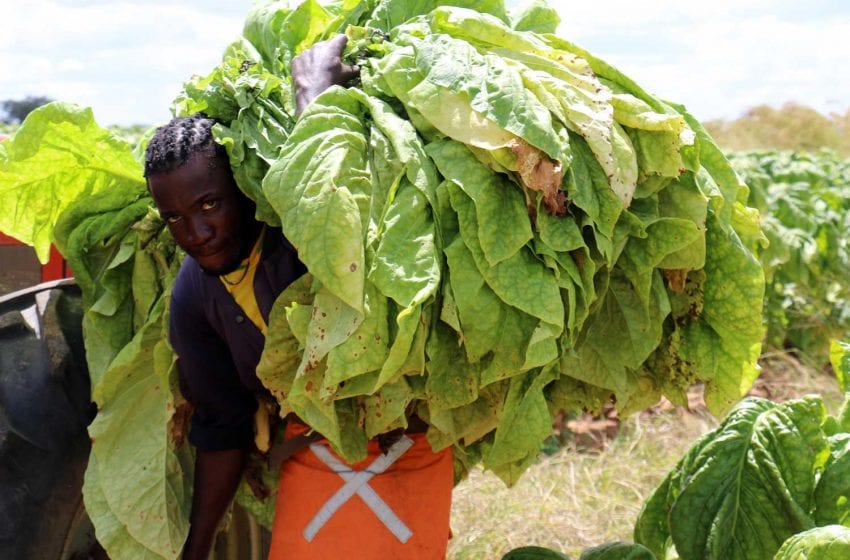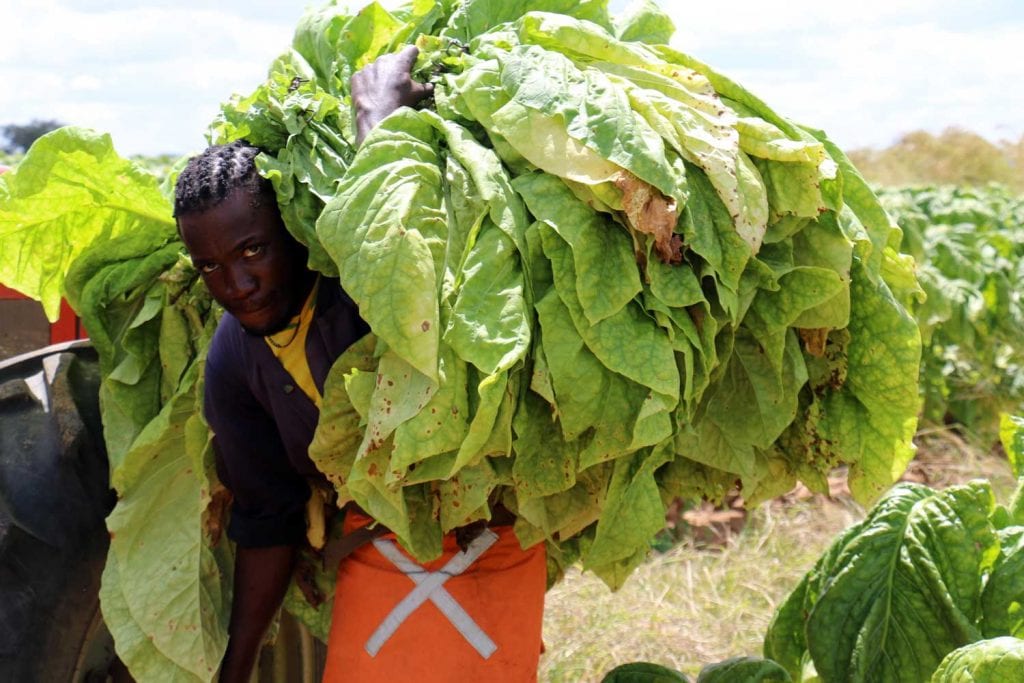Speaking at the Feb. 18 Consumer Analyst Group of New York (CAGNY) conference, British American Tobacco (BAT) CEO Jack Bowles shared his growth plans and ambitions for the next phase in the company’s transformation.
With strong new category momentum and a clear pathway to 2025 profitability, Bowles called 2021 a “pivotal year” for BAT, announcing an ambitious program called QUEST to accelerate the company’s transformation to create the “enterprise of the future.”
QUEST stands for “Quantum,” Unleashing innovation, Empowering the organization, Shaping sustainability and Technology and digital. The program aims to propel the continued evolution of BAT’s portfolio, structure, culture and ways of working.
According to Bowles, BAT’s goal is to build “A Better Tomorrow” by reducing the health impact of its business. Central to its strategy are the company’s reduced-risk products. These include vapor, tobacco-heating products and modern oral products. Following the January launch of its new CBD vaping line in a test market in Manchester, BAT now also offers products that go beyond nicotine.
In December 2020, BAT announced it had progressed its Covid-19 vaccine candidate into human trials—a significant milestone that further demonstrates the company’s commitment to innovation and science.
BAT has 13.5 million consumers of its noncombustible products, a growth of 3 million in 2020. As BAT works toward its aim of achieving 50 million consumers of noncombustible products by 2030, the company will continue to target its offering in high-growth future areas, including the beyond nicotine on-the-go well-being and stimulation space.
“We are at a key moment in our transformation,” said Bowles in a statement. “We are accelerating our transformation toward ‘A Better Tomorrow’ and committed to building ‘The Enterprise of the Future.’”
“We have made great progress. We have invested in strong foundations for the future. We are building and driving new capabilities, with a clear focus on digital and the sharpening of our science and innovation pipeline. And we have done this while consistently delivering financial returns.
“Our strategy, growth and investment priorities are building BAT into a sustainable, leading consumer-centric, multi-category consumer products company of the future. Our transformation is moving us from a company that is known for tobacco to one that is focused on technology and innovation.
“Our clear roadmap for the future is leveraging our strengths, new capabilities, innovation portfolio and brands with purpose to build ‘A Better Tomorrow.’”



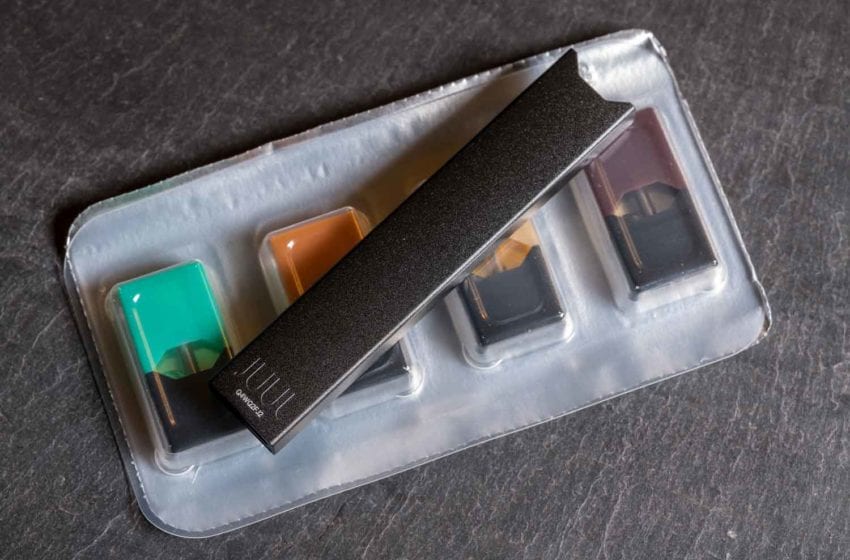
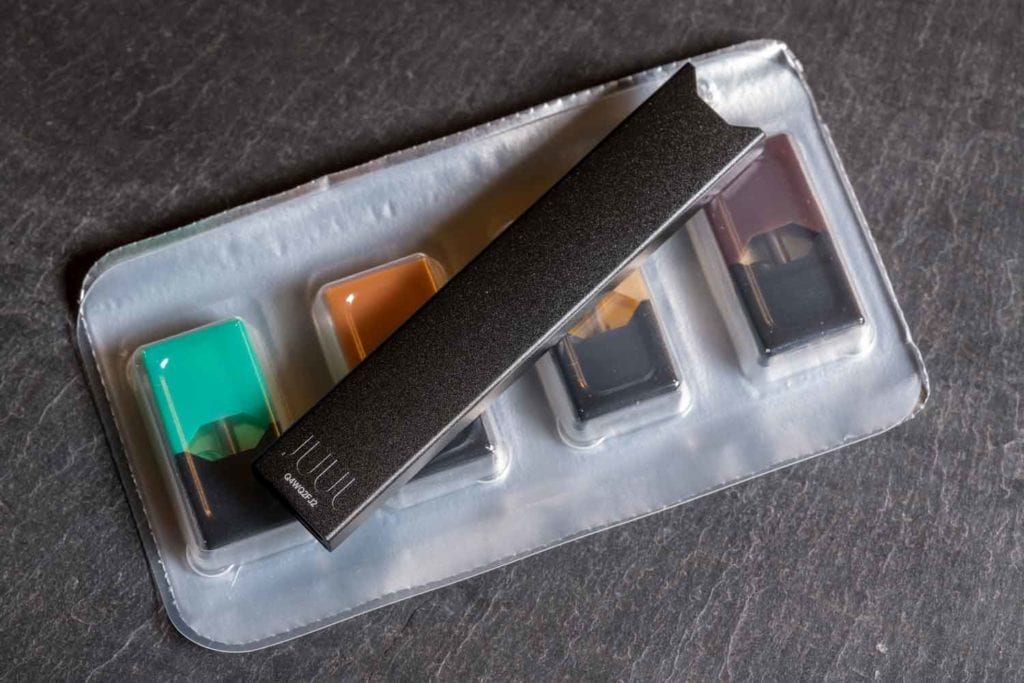
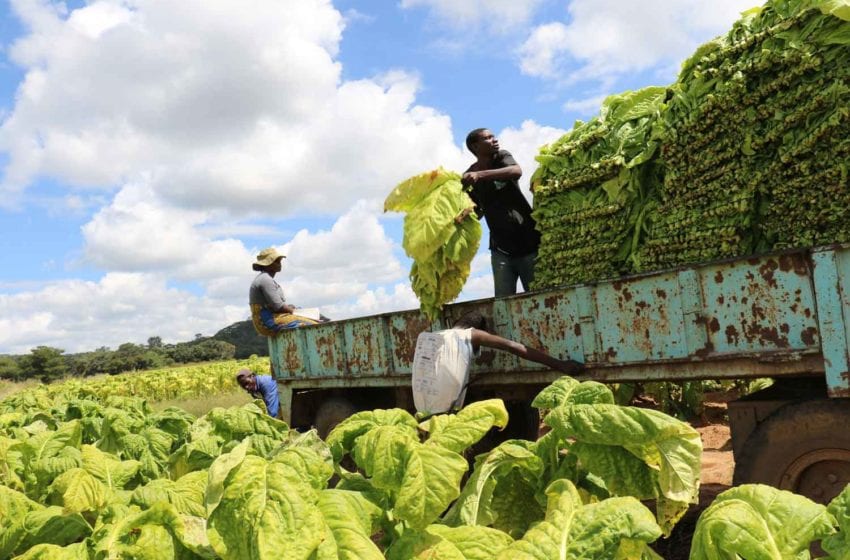
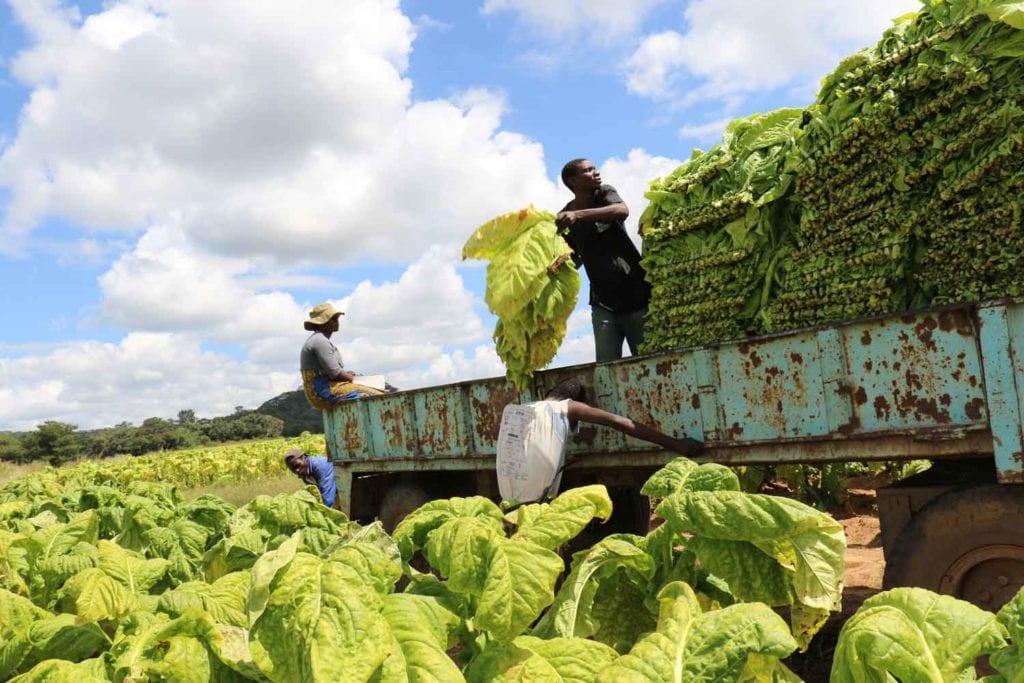










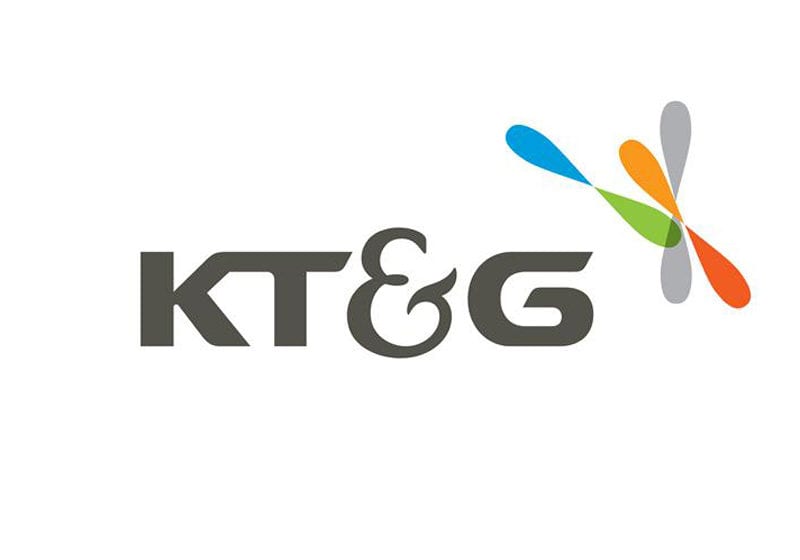
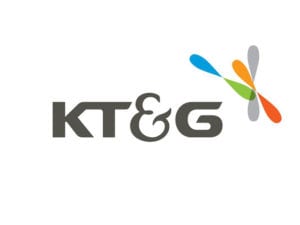 KT&G received an AA rating in Morgan Stanley Capital International’s (MSCI) environment, social and government (ESG) index evaluation—one level higher than it received last year and the highest score for a Korean company.
KT&G received an AA rating in Morgan Stanley Capital International’s (MSCI) environment, social and government (ESG) index evaluation—one level higher than it received last year and the highest score for a Korean company.